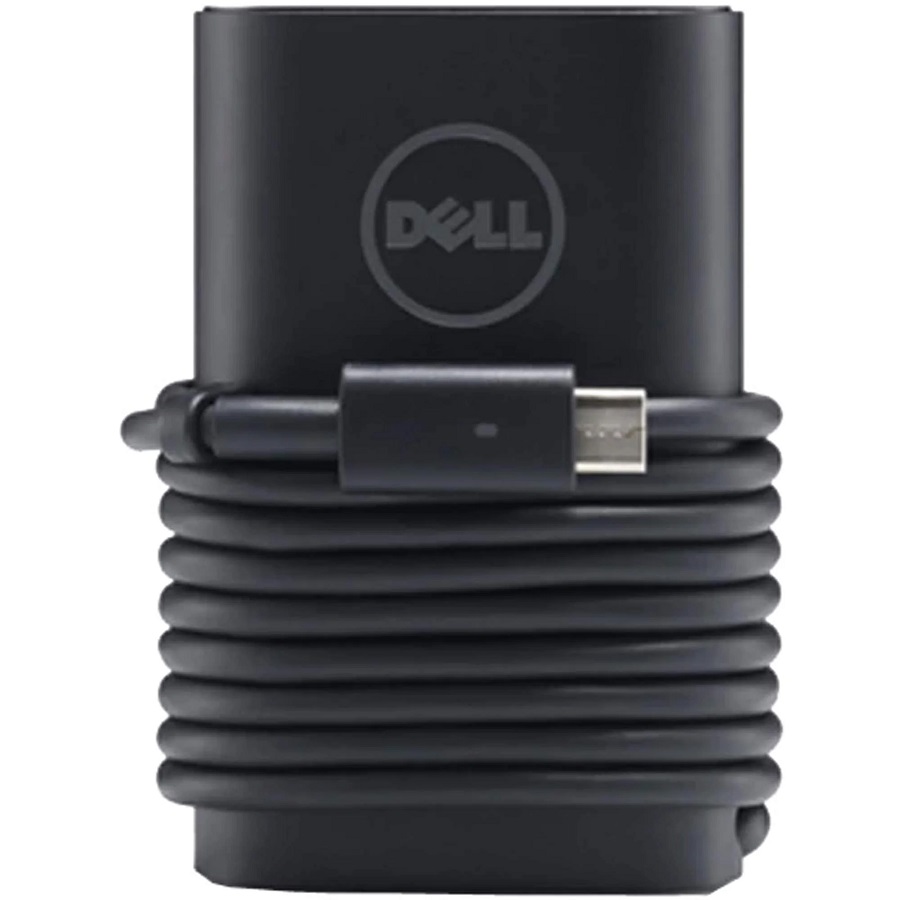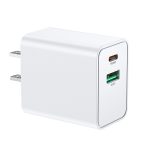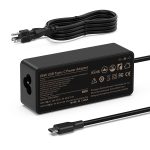Introduction to USB-C Charging
The USB-C port is the latest connector for transmitting both data and power. As a smaller, reversible plug, it simplifies the process of connecting devices. This change brings many benefits for users. The USB-C charging system is quickly becoming the standard across various electronic devices, including laptops, phones, and tablets.
One of the key features of USB-C charging is its ability to deliver power at a wide range of voltages. This flexibility in power delivery means that a single charger can charge various devices. When it comes to Dell laptops and accessories, a reliable dell usb c charger ensures that your device powers up safely and efficiently.
Understanding the basics of USB-C charging will help you choose the right charger. You’ll need to consider factors such as power output, cable length, and connector type. For Dell device owners, using a dell usb c charger that’s compatible with your specific model is essential. We will explore the compatibility and requirements in the following sections to help you make an informed decision.
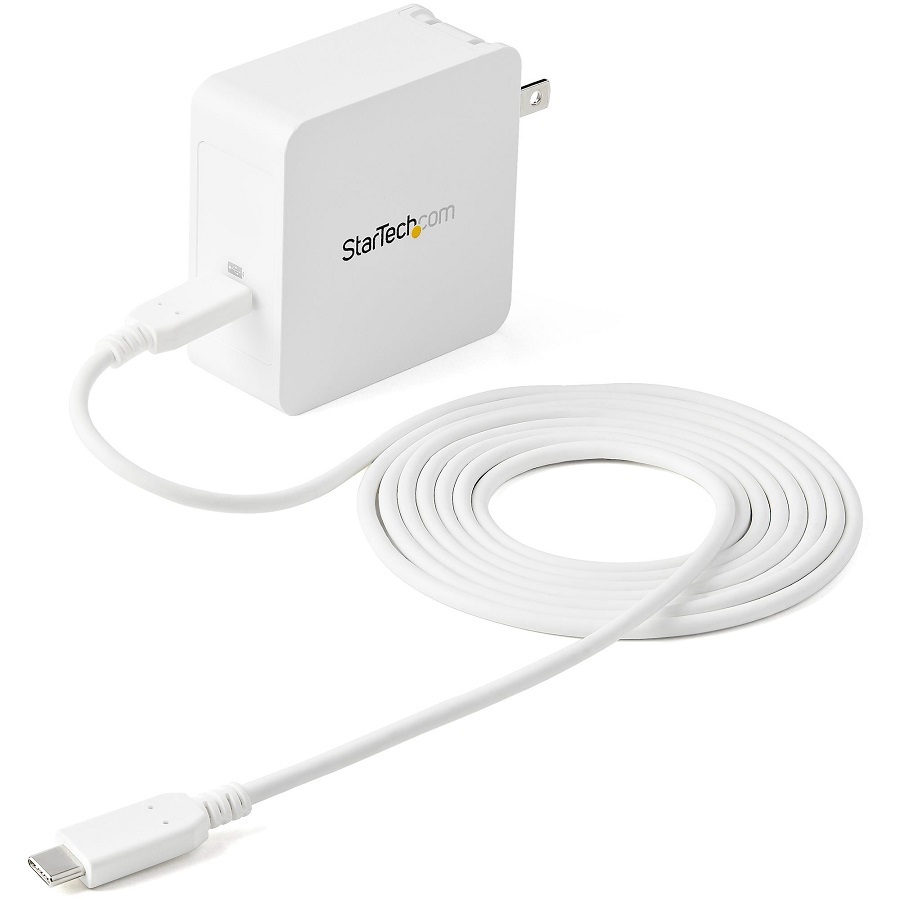
Compatibility with Dell Devices
When choosing a dell usb c charger, the first priority is ensuring compatibility. Each Dell device has specific power requirements and connector types. Only a compatible charger can guarantee efficient and safe charging for your device.
To start, check your device’s model number. This information is usually on the bottom of laptops or in the system settings for tablets and phones. Once you have the model number, you can refer to Dell’s official website or user manual. They provide lists of compatible chargers for each device model.
Note that some Dell laptops might share the same port type but require different power outputs. For instance, a high-performance gaming laptop will likely need more power than an ultrabook or tablet. Using a charger with the wrong power output can result in slow charging or, worse, damage to your device.
It’s also vital to consider the charger’s pin type. Dell usb c chargers may come with different pin configurations to fit the variety of ports used across Dell’s product line. Double-checking the physical connection is as important as verifying the technical specifications.
In short, to ensure compatibility with Dell devices, match your device’s model with the appropriate charger. Check for the correct power output and pin configuration. This step is crucial for the longevity and performance of your device.
Identifying Your Dell Device’s Charging Requirements
To choose the right dell usb c charger, you need to know your device’s specific needs. First, identify the power output your Dell device requires. This detail is in your user manual or product specifications online. Look for the wattage, which usually ranges between 30W to 130W for Dell laptops.
Check the voltage and amperage as well. Your dell usb c charger should match these figures to deliver an efficient charge. Commonly, Dell chargers come with outputs like 5V/3A, 9V/3A, 15V/3A, or 20V/3.25A. Using a charger with lower specs can lead to slow charging times. On the other hand, a charger with too high specs risks damaging your device.
Another aspect to consider is whether your Dell device supports fast charging. If it does, a dell usb c charger with fast charging capabilities is ideal. This feature can get your device up to 50% charge in as little as 30 minutes. For this, your charger and the cable must support the fast charging protocol of your device.
Remember, the longer the cable of your charger, the more versatile it will be. But also note that very long cables can sometimes reduce charging speed.
Finally, always choose a charger designed to regulate temperature and control voltage. It will ensure safe charging and protect your device’s battery health. Keep these guidelines in mind when settling on a dell usb c charger for your device.
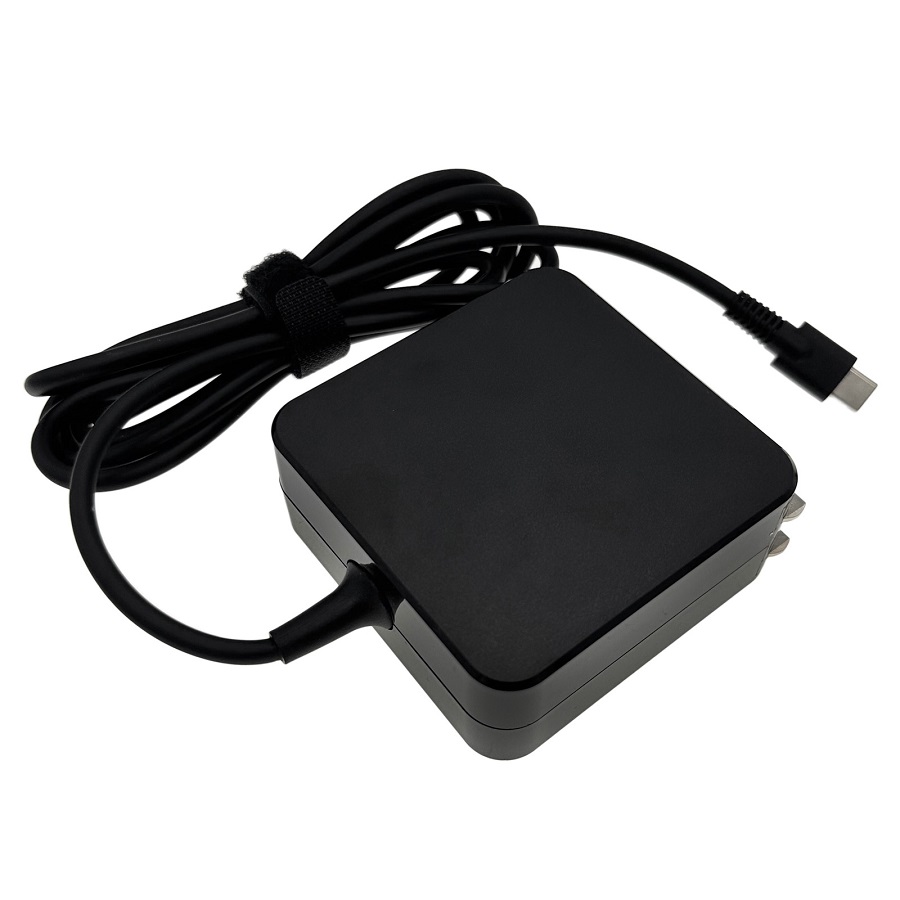
Key Features to Look for in a Dell USB-C Charger
When selecting a Dell USB-C charger, key features matter. Here’s what to focus on:
Power Output
Check the wattage first. It should match your device’s needs. Chargers range from 30W to 130W for Dell laptops. Selecting the right wattage ensures fast and safe charging.
Cable Length and Quality
Opt for a charger with a durable cable. Length matters for convenience, but it should not be too long. Longer cables can lessen charging efficiency.
Fast Charging Capability
If your device supports it, get a charger with fast charging. It will power up your device quicker, saving you time.
Temperature Regulation
A good charger manages heat well. It prevents overheating and keeps your battery safe.
Voltage and Amperage
Ensure these match your device’s requirements. Correct voltage and amperage ensure optimal charging and protect your device.
Connector Type
The pin configuration should fit your device perfectly. Check this to avoid poor connection issues.
Safety Features
Choose a charger with built-in protection. This includes over-voltage, over-current, and short-circuit protection.
Keep these features in mind and you’ll find a reliable Dell USB-C charger. It will charge efficiently, last long, and keep your device safe.
Overview of Different Dell USB-C Charger Models
With various Dell devices in the market, there’s a diverse array of Dell USB-C charger models to match. Each model is tailored to meet the specific charging needs of different Dell laptops, tablets, and phones, ensuring your device charges effectively and preserves battery health. Let’s take a closer look at a few common models:
Standard USB-C Chargers
These are the most common dell usb c chargers you’ll find. They typically have a power output of 30W to 90W, suitable for regular use laptops and devices. If you’ve got a basic Dell laptop or a tablet for everyday tasks, a standard charger will do the job.
Thunderbolt Chargers
For more robust devices, such as Dell’s high-performance laptops or workstations, Thunderbolt chargers are the go-to. They offer a higher wattage, up to 130W, for fast, efficient charging. These are great if you’re using demanding software or applications.
Slim USB-C Chargers
Portability is critical for many users, and slim dell usb c chargers cater to this need. They’re lighter and more compact, making them easy to carry. These chargers still pack enough power for efficient charging, and they’re great for travelers or professionals on the go.
Travel Chargers
Travel chargers are designed for users who are often on the move. These may come with adaptable plugs to fit different outlets around the world. Some even include USB-A ports to charge additional devices simultaneously.
When shopping for a dell usb c charger, it’s essential to consider the model that best suits your Dell device and lifestyle. Check your device’s power requirements, and choose a charger that aligns with your usage patterns, be it for travel, work, or leisure. And remember, always look for safe and reliable chargers to maintain your device’s lifespan.
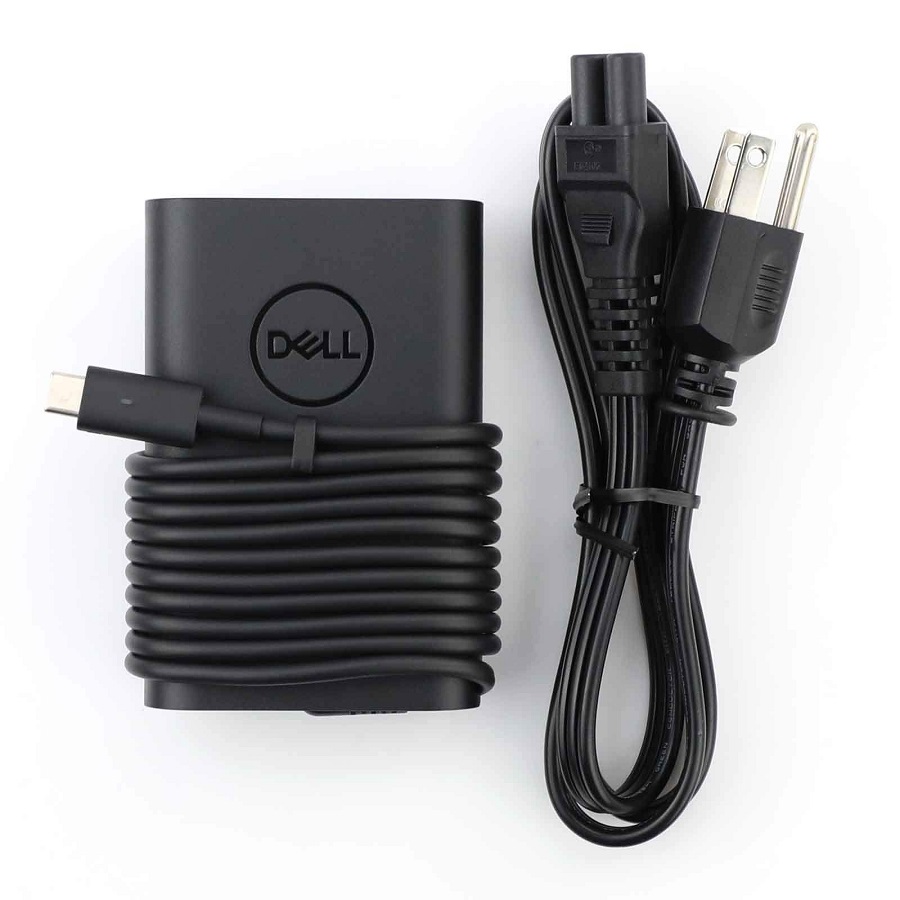
Tips for Safely Using Dell USB-C Chargers
When using a dell usb c charger, safety should be a top priority. Here are some practical tips to help ensure you charge your device safely:
Use the Correct Charger
Always use the charger designed for your specific Dell model. This avoids charging issues and damage.
Inspect Your Charger Regularly
Look for signs of wear or damage in the charger and cable. Replace them if needed to prevent hazards.
Avoid Overcharging
Don’t leave your device plugged in constantly. Overcharging can harm battery life over time.
Keep Chargers Dry
Moisture can damage the charger and pose a shock risk. Keep it away from liquids.
Use Chargers in Well-Ventilated Areas
Heat can build up during charging. Ensure good airflow to avoid overheating.
Unplug When Not in Use
Disconnect the charger from the outlet when it’s not charging to save energy and reduce risk.
Don’t Cover the Charger
Covering it while in use can cause overheating. Always leave it exposed to air.
Follow Manufacturer Instructions
Read Dell’s guidelines for using and storing dell usb c chargers to ensure proper use.
By following these simple tips, you can charge your devices safely and extend the life of your dell usb c charger.
Advantages of Using an Official Dell USB-C Charger
Using an official Dell USB-C charger comes with several benefits. The primary advantage is assured compatibility. An official charger is designed for the specific power needs of your Dell device. It eliminates the guesswork of finding the right charger that won’t harm your device.
Here are some key advantages:
- Perfect Match for Your Device: Official chargers match the specific model’s requirements, preventing charging issues or damage.
- Optimized Charging: These chargers are optimized for the best performance of your device, ensuring efficient and fast charging without risking the health of your battery.
- Safety Assurances: Dell chargers have safety features that protect against power surges, overheating, and short circuits. This is crucial for your device’s longevity.
- Warranty and Support: You get the benefit of a warranty and customer support. If there’s a problem, you can easily get help or a replacement.
- Built for Durability: They are constructed to endure daily use and are less likely to fray or become damaged compared to non-official ones.
- Software Updates Compatibility: Official chargers will generally be compatible with any software updates from Dell, ensuring continued performance and compatibility in the long term.
Choosing an official Dell USB-C charger is a smart move for your device’s health and your peace of mind. While they may cost a bit more than generic chargers, the advantages they provide can outweigh the initial price difference over time.
Maintenance and Care for Your Dell USB-C Charger
To keep your dell usb c charger in top condition, follow these care guidelines. Proper maintenance can extend its life and ensure it stays safe to use. Here’s how you can maintain your charger:
- Keep it Clean: Regularly wipe your charger with a dry cloth to remove dust and lint. This prevents build-up that can affect connectivity.
- Cable Management: Avoid tightly winding the cable to prevent fraying or damage. Use a gentle loop when storing it.
- Avoid Extremes: Don’t expose your charger to extreme temperatures, which can damage the components and reduce efficiency.
- Proper Storage: When not in use, store your charger in a cool, dry place. Keep it away from direct sunlight and moisture.
- Handle with Care: Don’t forcefully insert or remove the charger from your device. Gentle handling prevents wear on the connector.
- Check the Ports: Ensure the USB-C port on your device is free of debris before plugging in the charger. This maintains a good connection.
- Monitor the Charger: During use, ensure the charger does not become too hot. If it does, disconnect it and let it cool before using again.
- Official Accessories: Use only Dell-approved cables and accessories to avoid compatibility issues or potential damage to your charger.
Following these simple steps can significantly prolong the life of your dell usb c charger while keeping your Dell device charging efficiently and safely.
